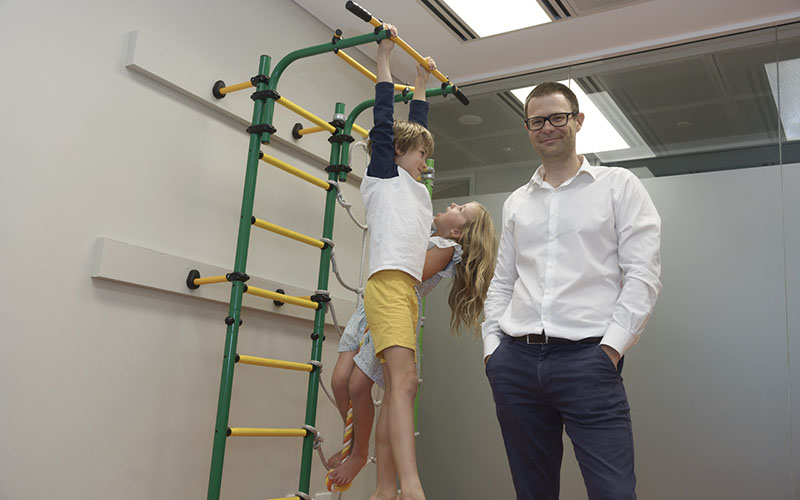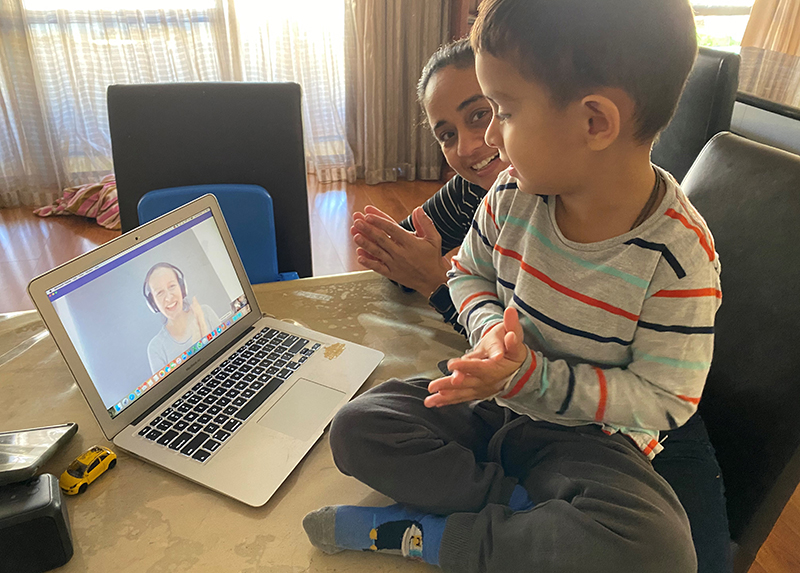Search

A world-first program for babies with delays in their social and communication skills has been launched in Western Australia, thanks to support from the National Disability Insurance Agency (NDIA).

Autism researcher Professor Andrew Whitehouse has been named this year’s Western Australian of the Year in the HBF Professions category.

New research evaluating the potential cost savings of a therapy for babies displaying early autism signs has predicted a three dollar return to Australia’s National Disability Insurance Scheme (NDIS) for every dollar invested in therapy.

Professor Andrew Whitehouse, who has helped transform clinical support for children on the autism spectrum in Australia, is nominated for WA's 2023 Australian of the Year.

Professor Andrew Whitehouse has been inducted as the youngest-ever Fellow to the Australian Academy of Health and Medical Sciences.

Director of CliniKids, Professor Andrew Whitehouse, and Professor Murray Maybery, have been identified as the world’s most frequent autism research collaborators of the decade.

The CliniKids team has reimagined how allied health services for children with autism spectrum disorder or developmental delays are delivered.

Video technology is helping researchers learn more about the early communication style of infants with a family history of autism, ADHD or intellectual disability.
Most support programmes for Autistic children are available only after they are diagnosed. Research suggests that parenting supports may be helpful for parents and their infants, when provided in the first 2 years of life - before a formal diagnosis is given, but when information suggests an infant is more likely to be Autistic. However, we do not know how acceptable these types of supports might be to the Autistic and autism communities.
Access to behavioural sleep intervention is beneficial for autistic children, yet many families face barriers to access associated with location and time. Preliminary evidence supports telehealth-delivered sleep intervention. However, no studies have evaluated brief telehealth sleep intervention.
